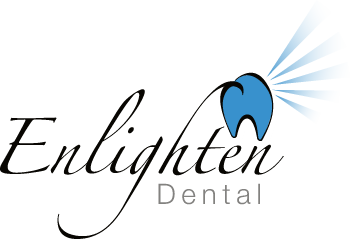What is a dental emergency?
A dental emergency is a condition that demands immediate treatment. The most common dental emergency is pain or swelling from an infected tooth. In most cases, this does not happen suddenly or overnight. In general, a person has some degree of pain or discomfort for several days or even longer before they are in severe pain and need emergency dental care. The best advice is to call our office at the first sign of any discomfort in the teeth or gums. Some people think that if they ignore a dental problem, it will go away – but this is almost never the case. In nearly all situations, untreated dental problems become worse over time. When you treat dental pain early, we can manage your care with maximum comfort.
How Do I Contact Dr. Driscoll After Hours?
For registered patients of our practice, call our main number, 765-0904, and follow the prompts.
What are the symptoms of a serious dental emergency?
- Trauma to the teeth
- Severe toothache and/or jaw pain
- Pain when chewing or when you drink hot/cold beverages
- Facial swelling
- Significant bleeding from a particular area of the mouth
- Drainage from infection around the gum area (see periodontal health)
- Difficulty breathing: If you have facial swelling and are having trouble breathing, call 911 or go to a hospital emergency room. You can have a nurse notify our office.
What to do if a permanent tooth is knocked out.
You can usually save a permanent tooth if it is knocked out…. but, you need to act quickly. A permanent tooth must be replaced in its socket as soon as possible – within 15 minutes is best. After two hours, it may be too late.
Rinse off the tooth with saliva or milk. Do NOT rinse with water, as the chlorine in water can damage the root. Hold the tooth from the top (crown), not by the root. Replace it in the socket. If you are helping a child, be sure he/she is calm enough not to swallow the tooth. Make sure the tooth is facing in the right direction. Gently press down with your thumb until the tooth is level with adjacent teeth. Bite down softly on a clean cloth to keep the tooth in place. If unable to reposition the tooth (or if your child is not calm enough), place it in a damp tissue or a small cup of milk. Call us for an emergency appointment.
If a baby tooth is knocked out, do not panic. A permanent tooth will grow in its place. Do come see us, however, just in case the underlying teeth were injured.
